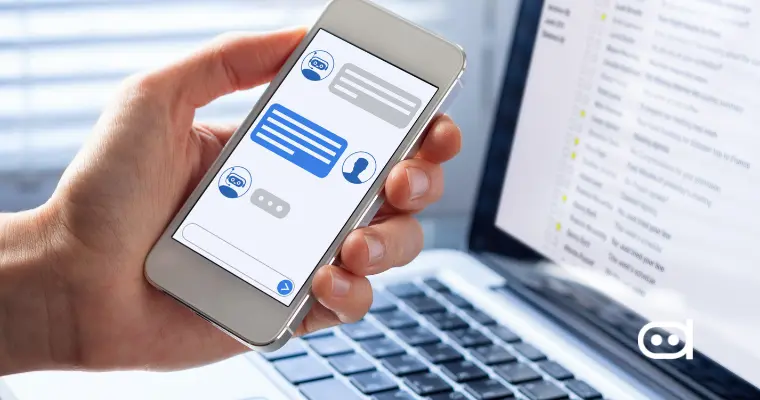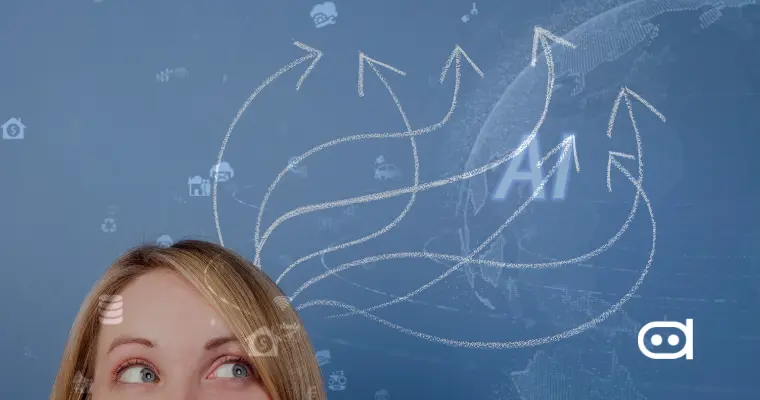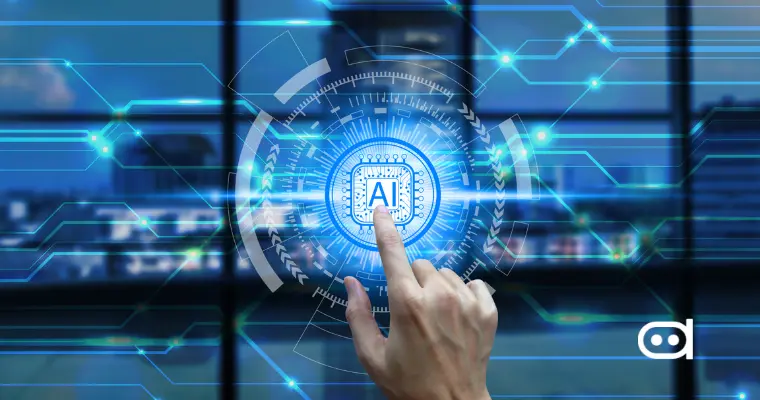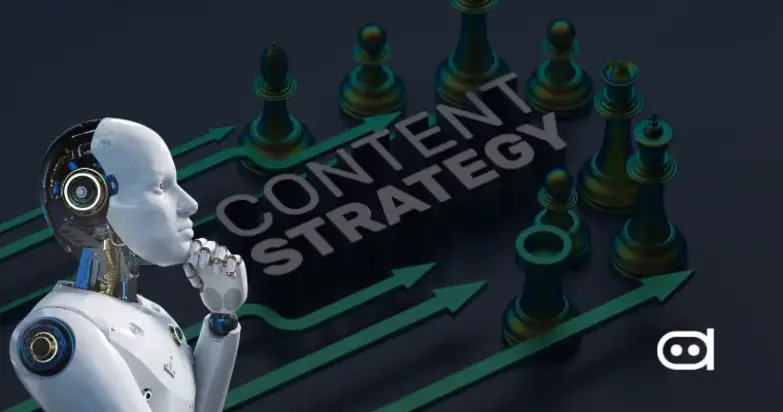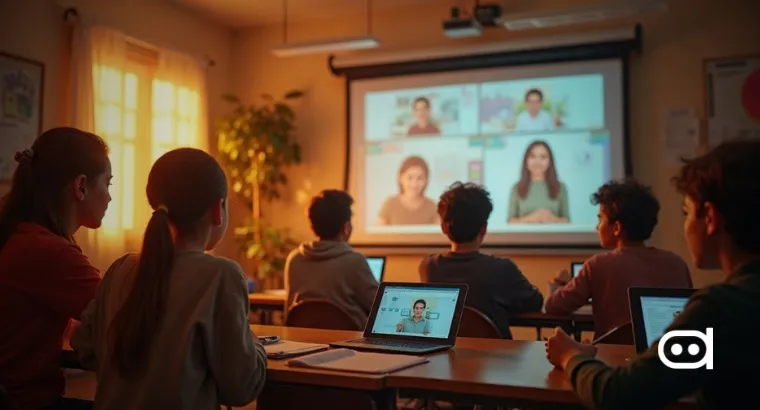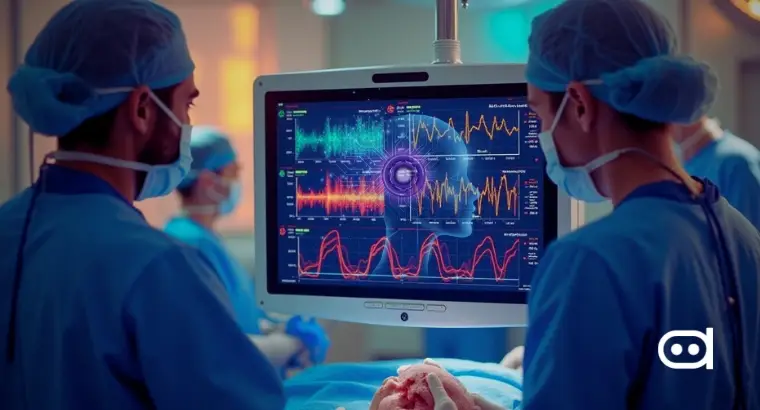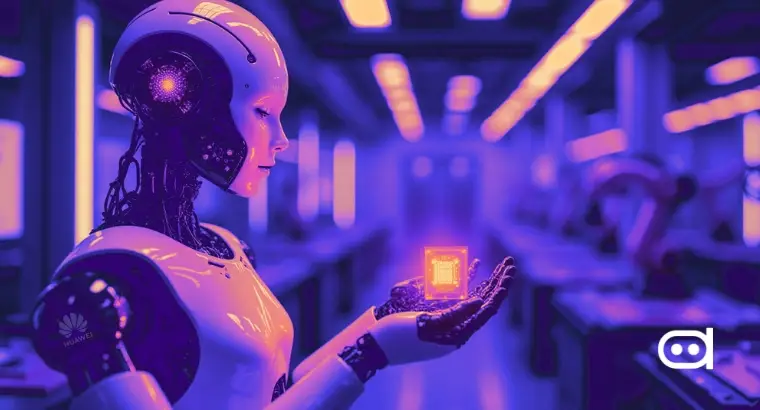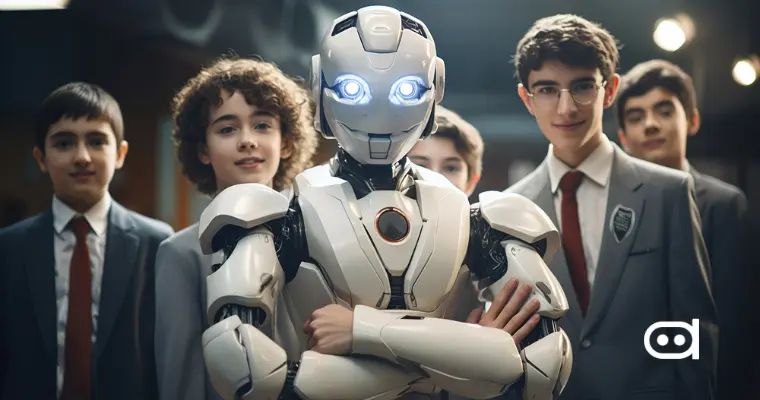
AI and ML technologies redefine traditional hiring processes, and the entire recruitment paradigm is witnessing an intense transformation. Instead of replacing human recruiters, AI is becoming a strong ally that aids human decision-making and frees humans from tedious manual work. The ongoing shift to human-AI collaboration in recruitment creates more streamlined and data-oriented recruitment workflows while preserving the irreplaceable human aspects of recruiting: intuition, emotional intelligence, and subtlety in assessing candidates.
These organizations that have successfully managed a collaborative recruitment mode see great improvements in crucial recruitment metrics: less time to hire, higher quality candidates, and better diversity. As machine-learning algorithms continue to develop, cooperation between human recruiters and AI systems evolves, promising the opportunity for greater improvements in the AI-driven recruitment process.
The Evolution of AI in Recruitment
AI recruiting tools have come a long way from the days of rudimentary candidate tracking systems to AI platforms capable of analyzing millions of data points to identify the best candidates. Earlier automation meant putting paper processes in a digital platform, but now, the latest machine learning applications can judge how successful a candidate would be, identify skill gaps, and even interact with applicants through natural language processing.
Platforms today have showcased this evolution by introducing features that go far beyond traditional recruiting software. These systems use predictive analytics to potentially assess the fit of candidates, machine learning for bias reduction, and natural language processing to assess communication skills.
Why Human-AI Collaboration Matters
Effective recruitment methods harness AI systems and human recruiters for the combined benefits of AI in recruitment. AI works as a thinking partner to evaluate huge datasets by discovering patterns and repeating processes accurately and quickly. All of these factors make AI preferable for initial resume screening, skill matching, and candidate sourcing across channels.
Recruiters create an important set of capabilities that AI cannot mimic – culturally fit assessment using emotional intelligence, instinct developed from years of experience, and relationship-building skills necessary to engage top talent. Any understanding of organizational culture and team dynamics will remain the territory of humans. The capacity to evaluate soft skills in face-to-face interactions is also one in which machines lack relevance, credibility, and effectiveness.
Dividing up tasks based on these comparative advantages allows organizations to build AI in recruitment processes that are efficient and effective, deploying technology without sacrificing the human experience that is still very much in demand.
Key Focus Areas: How AI Transforms Recruitment
Intelligent Resume Screening & Shortlisting
The much-anticipated arrival of AI in the recruitment world promises a great productivity boost. Traditional manual resume reviews could take hours, if not days, for one successful hire, but now there are systems that can analyze thousands of applications in mere minutes to sift through qualifications that satisfy job requirements with astonishing accuracy.
Latest applicant tracking systems have transformed from mere keyword-based systems to working with some of the best AI resume builder systems as well. They come incorporated with natural language processing for understanding contexts and semantics. For example, relevant experiences can be captured in such systems even when the user employs a different term for them.
These also have anonymizing features that remove age, gender, and ethnic references in applications, helping combat unconscious biases during the screening process. The result is a much more diverse shortlist filled with people who are the best fit for the job.
Chatbots & Candidate Engagement
AI chatbots have taken candidate engagement to the next level by providing immediate answers to inquiries at any hour of the day, which has been a challenge in traditional recruitment processes. These virtual assistants can answer frequently asked questions related to job requirements, company culture, and application status, hugely improving the experience of candidates.
Advanced AI recruitment chatbots are capable of conducting preliminary interviews, scheduling in-person appointments with recruiters, and providing general updates throughout the application process. The consistency in availability helps keep candidates motivated, thus preventing them from dropping out.
Through the collected data, organizations can learn what the most common concerns and questions seem to be for candidates, further tweaking the recruitment messaging to fill gaps in knowledge. By eliminating the need for constant communication, chatbots free up time for human recruiters to concentrate on more meaningful, empathetic candidate interactions to connect personally with candidates.
Predictive Analytics for Better Hiring Decisions
Predictive analytics uses past data to make predictions about future outcomes. Such systems analyze past successes that were able to recruit, analyze, and then identify candidates with similar features that would prove to be successful hires. These predictive models analyze the performance rating, period of stay, and career avenues that were taken by the previous employees to identify the necessary characteristics.
This objectivity also helps make a more grounded decision based on data-driven outcomes instead of intuition or unconscious bias. The system analyzes many aspects including facial expressions during the video interviews to evaluate how the candidates fit the traits seen in high-performing employees.
Ethical Considerations and Challenges
Although the promise lies in the power to transform, the AI-powered hiring process also brings ethical challenges. Perhaps the most significant ethical concern is algorithmic bias because AI systems can perpetuate or exacerbate biases already existing in historical hiring data. An AI, having been trained on such history, will mimic what an organization has done in the past, where certain demographic groups have been favored more.
Expanding training datasets with diversity, frequent algorithm audits, and human oversight of AI recommendations are part of using AI responsibly. Organizations must also disclose how they use AI to make hiring decisions to maintain candidates’ trust and meet emerging regulatory frameworks such as the EU proposed AI Act and Equal Employment Opportunity Commission guidelines.
Privacy is another challenge because AI collects and analyzes large volumes of data concerning candidates. Organizations should have strong data protection provisions and clearly explain how candidate information will be used and stored and under what circumstances to share it with third-party vendors.
AI in Recruitment: The Future of AI-Human Collaboration
AI and human recruiters will continue working hand in hand to produce better hiring results. Generative AI is the next frontier, as systems like GPT-4 can create tailor-made job descriptions, customized candidate outreach messages, and personalized onboarding materials. Such systems will allow large numbers of candidates to receive personalized experiences, which is now an increasingly expected part of the recruitment process.
It has been proven that AI-intelligent virtual reality assessments will soon be made available to candidates so that they can showcase their competencies in simulation with help from systems assessing their actions. This provides a much more objective judgment of abilities when compared to interviews and even predicts better job performance.
The combination of humans and AI in recruitment results in a more efficient process. Routine tasks, such as resume screening and engagement of initial applicants, are within AI’s capability, freeing recruiters to judge the more valuable aspects of hiring.
As the AI market in the recruitment industry advances, companies adopting this partnership model will continue to gain significant marketplace advantages in talent. They would find potential candidates faster, improve candidates’ experiences, and make more accurate predictions about long-term success for employees. The most forward-thinking firms already invest in AI tools for recruitment and ensure they are reaping the benefits of the technology.
This is how tomorrow’s AI for recruitment function will define itself. At this juncture, it does not replace, but instead, it is improving the whole experience by letting human contribution in hiring prove to be more efficient, fair, and effective than what could ever be possible before.

